Discover the latest news from CJUK
Seven Must-Have Qualities To Look For In A Chef
Being a good chef is about more than qualifications. Discover the surprising qualities and soft skills a chef needs to thrive in your kitchen.
What Is A Relief Chef And Why Does Hospitality Need Them?
Craving work-life balance as a chef? Or need someone fast for your kitchen? Find out what a relief chef is and why they're essential to hospitality.
Find A Chef: How To Hire A Good Chef (And Fast!)
Need to hire a chef for your restaurant or hospitality venue in a hurry? We'll help you find a good chef - fast. Find out how (and why) to hire a relief chef.
Agency Chef Jobs: What Is A Chef Agency & How Does It Work?
What is a chef recruitment agency? Discover agency chef jobs, find out how to apply for relief chef work, and how to hire a temporary chef for your kitchen.
How To Write A CV For A Chef Job (With Free Template)
Want to land your next chef job? We're a specialist recruiter for relief chefs in the UK - read tips for writing a chef CV and download your chef CV template.
“I Need A Chef For My Restaurant!” How A Relief Chef Agency Can Help
Looking for a chef to keep your hotel or pub restaurant running? Find a chef that's reliable, experienced, and professional by using a relief chef agency.
Do Relief Chefs Get Holiday Pay?
Do you get holiday pay as an agency chef? Find out what you're entitled to as a relief chef and how it works.
Meet The Team: Stacie Domanski-Tuckey, Senior Business Manager
Meet Stacie, our Senior Business Manager connecting relief chefs with fantastic kitchens across the UK.
Why We Only Do Temporary Chef Recruitment (And Not Permanent)
Find out why we only recruit and place temporary chefs in the hospitality and catering industry.
Meet The Team: Adam Littlewood, Recruitment Assistant
Meet Adam, our Recruitment Assistant working with our chefs and site managers nationwide.
Kitchen Confessions: What’s It Really Like To Work As A Temp Chef?
What’s it really like to work as a temp chef? Find out here.
Six Surprising Benefits Of Working As A Relief Chef
Discover six surprising benefits of working as a relief chef in the UK.












